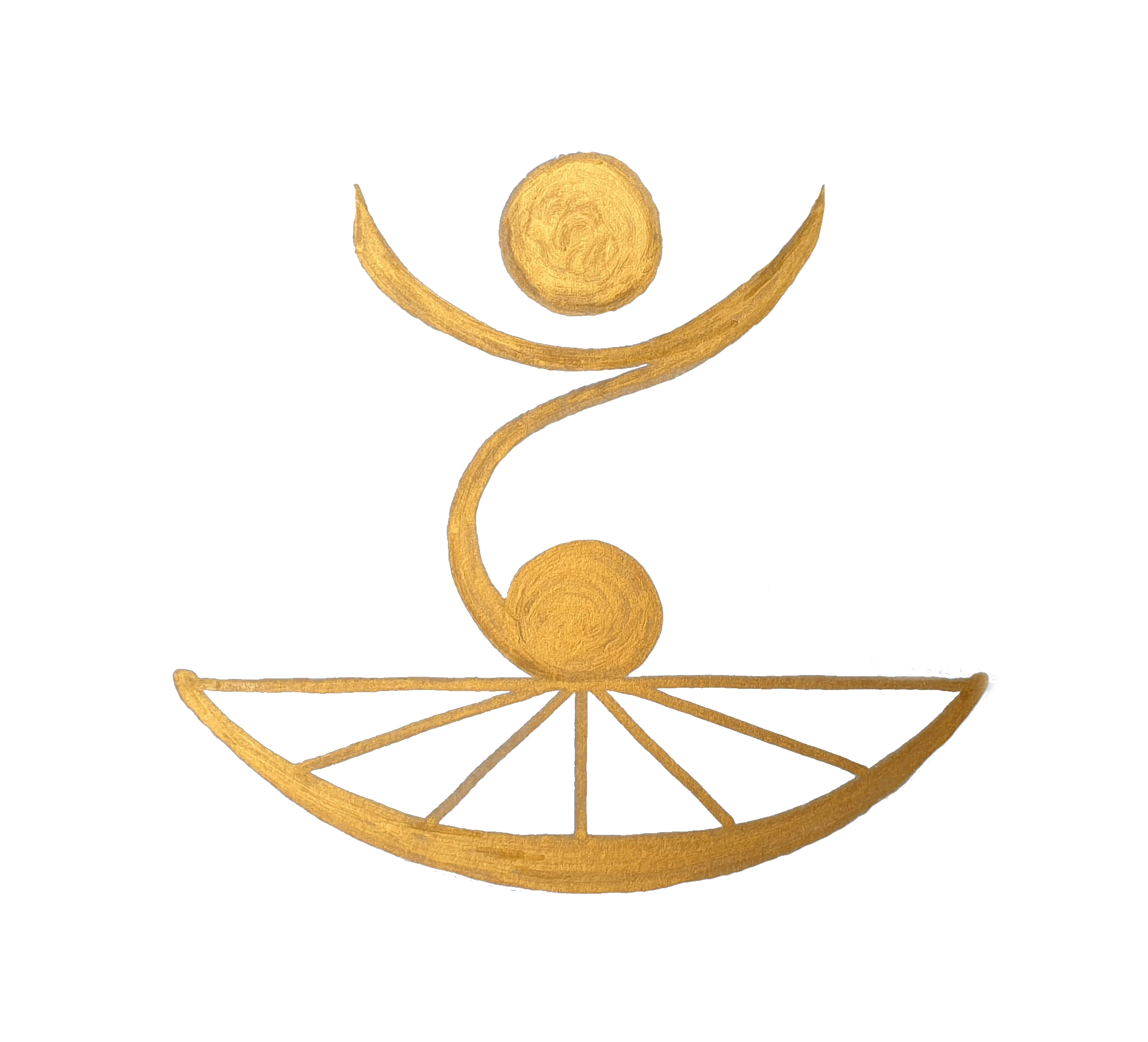ON LOVE: The work of love is the work of presupposing the wish for awakening in the other.
The work of love is the work of presupposing the wish for awakening in the other. In the
midst of all that two people must face and live through together, the work of love silently
acknowledges in the other the wish to become free from illusion. No human being can put this
wish or this search in another. But the beginning of intentional love is to assume its presence in
the other and to return again and again to this unspoken assumption in the give-and-take of shared
life. Learn more about Energy Healing, Muscle Testing & Mental Clarity.
The work of love is to step back from the requirements we automatically place upon the
other. When we assume that others are searching for themselves, we know that they are struggling
to see their own weaknesses. Love assumes that the other, in the silence of self-confrontation,
suffers from his or her own failures of will and attention. Love assumes the other wishes to see himself or herself more clearly. The work of love is therefore to presuppose the wish for self-
knowledge in the other. But, this does not mean we do not respond, perhaps sometimes even with

intensity, to painful words and actions. It is only that behind our own responses and reactions
there remains the wish for the other’s inner struggle. Even as one manifests anger or hurt, the work
of love is to remember who we are and why we are on earth at all. In this dual state – in which one
reacts and at the same time tries to remember the common search – it is possible to be angry
without condemnation of the other’s being, it is possible to be hurt without judging the other’s
heart and will. It goes without saying that to maintain this dual state in the midst of emotional
reactions is very difficult. But it is possible.
To assume the search in another is to become for a moment free of much that stands in the
way of one’s own inner search. To assume the search in another is to make room, mysteriously, for
the truth to be experienced in oneself. The work of love is to struggle in oneself to adopt this
assumption about the other at the very moment when all one’s mechanicalness, all one’s seeming
self-interest, are pulling one toward psychological safety. Again, it is very difficult, but it is
possible.
To assume the search in another depends upon and, in turn, ignites the search in oneself, and, to
some extent, frees us for a moment from the sway of fear and egoism.
Jacob Needleman



